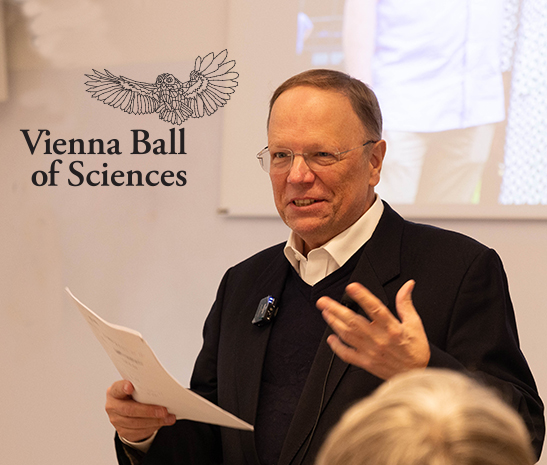Artificial intelligence in the form of machine learning, large language models such as ChatGPT is currently revolutionizing society and the economy, as well as universities and science. The basic techniques such as neural networks or large language models have been around for a long time, but in recent years a disruptive process has begun through which AI is massively penetrating all areas.
For those who have mastered the basic cultural techniques and can write letters, computer programs or publications completely independently, the new tools save a lot of time or make new things possible – but for younger generations there will be serious problems if only blackbox tools are used blindly . There is a change going on, especially at universities and in science: ChatGPT passes many exams with good grades and AI can also deliver project proposals and even publications in minutes, which look convincing with subsequent iteration… unless a competent person takes a close look at the details!
Without natural human intelligence, no useful machine intelligence
You should never forget that AI can also make really bad mistakes. AI can only be a tool and people must be responsible for checking whether the result can be okay. It’s like the calculator, which can save us a lot of effort as long as we can estimate that 3 times 7 cannot be 21 million…
The work of scientists is changing, but the fundamentally trained human being is more important than ever. Although web teleconferences are a good addition, a much deeper exchange takes place in face-to-face meetings, for example in a seminar, in a meeting or at a ball. With this in mind, I hope that you not only have fun dancing at the Science Ball, but that you also have plenty of opportunity to exchange ideas with friends, old acquaintances and colleagues, and that you make interesting new acquaintances.
 Georg Gottlob, Emeritus at Oxford and currently working at the University of Calabria and the Vienna University of Technology, is considered one of the most important European computer scientists today. His research area includes database theory, logic and artificial intelligence. He studied at the TU and University of Vienna, received, among other things, the Wittgenstein Prize, an ERC Advanced Grant, the Ada Lovelace Medal (UK) and is a Fellow of the Royal Society as well as a member of the OeAW and the Leopoldina. As President of the Wolfgang Pauli Institute, he is a representative of the official organizers of the Science Ball.
Georg Gottlob, Emeritus at Oxford and currently working at the University of Calabria and the Vienna University of Technology, is considered one of the most important European computer scientists today. His research area includes database theory, logic and artificial intelligence. He studied at the TU and University of Vienna, received, among other things, the Wittgenstein Prize, an ERC Advanced Grant, the Ada Lovelace Medal (UK) and is a Fellow of the Royal Society as well as a member of the OeAW and the Leopoldina. As President of the Wolfgang Pauli Institute, he is a representative of the official organizers of the Science Ball.
